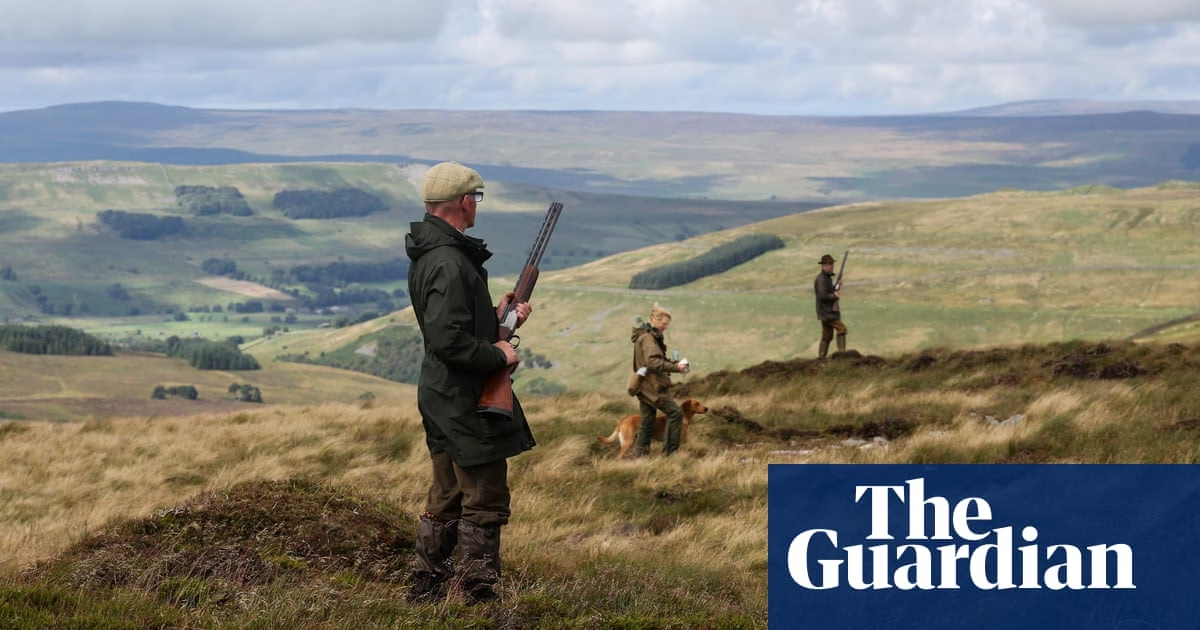The voluntary commitment made by the UK’s leading game shooting and rural organizations to phase out toxic lead shot by 2025 has not succeeded, putting wildlife and human health at risk, according to a new study.
Initially aimed at benefiting wildlife, the environment, and preventing toxic lead from entering the human food chain, the promise was to transition towards non-toxic cartridges, such as those made of steel. However, a study examining 171 pheasants killed in the 2024-25 shooting season found that all but one had been killed with lead ammunition. Similarly, all 78 red grouse carcasses from which shot was recovered were found to have been killed with lead.
Birds often mistake the toxic lead pellets for seeds and consume them, which has led to significant harm. The Wildfowl and Wetlands Trust estimates that lead poisoning causes the deaths of up to 100,000 waterbirds each winter in the UK. Furthermore, lead is toxic to humans, particularly dangerous to young and unborn children, leading many food safety agencies to advise against or limit the consumption of game meat from animals killed using lead ammunition.
The government is facing a critical decision by March 13 on whether to ban lead ammunition. The Health and Safety Executive has advised Defra to prohibit the use of lead shot for live quarry and target shooting to prevent an estimated 7,000 tonnes of lead from entering the environment annually. While the use of lead shot in wetlands is already banned in Europe, some shooting groups are resistant to a full ban, citing concerns it could deter participation in the activity.
Researchers from the University of Cambridge and the University of the Highlands and Islands, who published their findings in the journal Conservation Evidence, monitored the impact of the pledge annually. They engaged volunteers to purchase pheasants from butchers, game dealers, and supermarkets across Britain to analyze the embedded shotgun pellets.
Lead author Prof. Rhys Green emphasized that while many in the shooting community hoped the voluntary shift from lead ammunition would negate the need for regulation, the approach has proven unsuccessful. This mirrors the initially resistance to car seatbelts and smoking in pubs, which, despite initial objections, are now widely accepted as beneficial to public health. Similarly, the shift from using lead shot in game shooting, according to Green and co-author Dr. Mark Taggart, needs to be mandatory to effectively reduce its environmental and health impacts.
A spokesperson for Defra stated that the government supports sustainable shooting practices and is considering the Health and Safety Executive’s advice on restricting lead in ammunition. The use of lead shot is already prohibited in certain circumstances in England, including specific sites of special scientific interest.
Source: https://www.theguardian.com/environment/2025/mar/06/lead-uk-game-shooting-study








